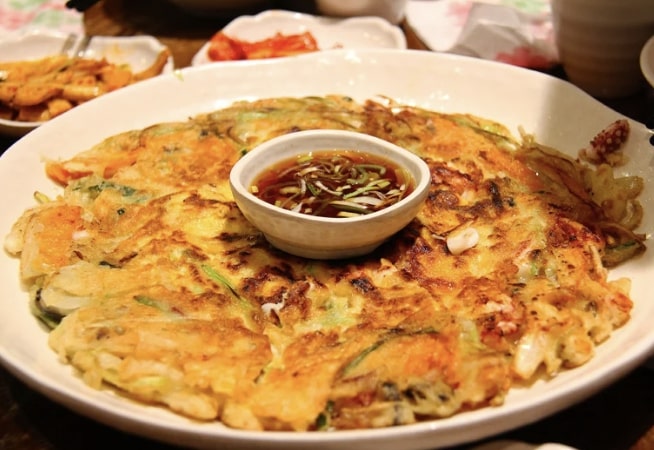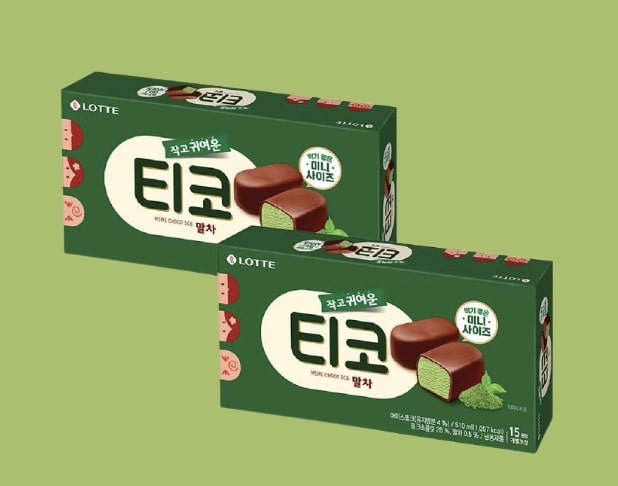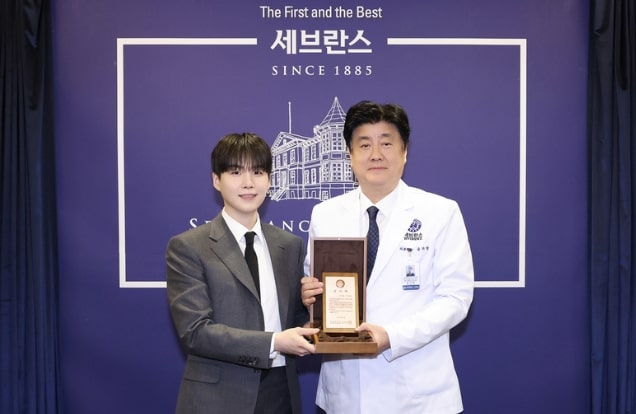
Let’s Explore the Positive Aspects and Shortcomings of Korean Cuisine

Here are some positive & negative aspects of Korean food. What do you think? Please share via comment!
# Positive
1. Healthy Ingredients
Korean cuisine often incorporates a variety of vegetables, tofu, seafood, and fermented foods like kimchi, which are rich in nutrients and beneficial for health. Particularly, due to its peninsula geography, high proportion of mountainous terrain, and distinct four seasons, Korea has developed a rich culture of diverse vegetable dishes. As a result, Koreans have one of the highest per capita vegetable consumption rates globally. Additionally, the use of seaweed such as fernbrake, seaweed, and miyeok (sea mustard) is also among the most extensive worldwide.
2. The open-minded culinary philosophy
The open-minded culinary philosophy of Korean cuisine is characterized by its ability to embrace both tradition and modernity on a global scale. It adapts swiftly to the fast-paced lifestyles of contemporary Koreans, incorporating elements from foreign cuisines and localizing them to create entirely new culinary experiences. Even if dishes don’t have a 100% Korean origin or deep historical roots, many have successfully integrated Korean ingredients and cooking techniques to cater to local tastes. Fusion cuisine is prevalent, and Koreans even enjoy creating dishes using fast food items from convenience stores as a hobby.
3. The Development of Fermented Food Culture
Due to the diverse seasons in Korea, which necessitate effective preservation techniques, a unique fermented food culture has flourished, imbuing Korean cuisine with distinctive flavors. Alongside staples like soy sauce, doenjang (soybean paste), gochujang (red chili paste), and ssamjang (mixed soybean paste), various types of kimchi, pickled vegetables, and fermented seafood have evolved.
Kimchi, fermented sauces, pickled foods, and vinegar are regarded as the four major fermented foods in Korea, all traditionally prepared through natural fermentation methods.
4. The Development of Various Cooking Methods

Utilizing different cooking techniques allows for a wide range of flavors to be extracted from the same ingredients. From raw to boiling, grilling, pickling, braising, frying, aging, fermenting, steaming, and more, Korean cuisine boasts an array of cooking methods. The combination of these methods with the rich fermented food culture and diverse ingredient utilization results in nutritionally balanced meals.
# Negative
1. Excessive Use of Seasoning
Originally, traditional Korean cuisine tended to be mild and less salty, favoring a more subtle flavor profile. However, starting from the late Joseon period with the introduction of gochujang (red chili paste) and continuing through modernization, there has been a general trend towards excessive seasoning, leading to a prevalent preference for spicier and saltier tastes.
Moreover, the prevalence of spicy and stimulating flavors has increased. As a result, the rates of diseases such as gastric cancer, irritable bowel syndrome, colitis, colorectal cancer, and stomach cancer have also risen in Korea.
2. High Carbohydrate Content

In traditional Korean meals, carbohydrates dominate from the main dish to the side dishes, often comprising a significant portion of the meal. While the main dish typically comprises rice or noodles, protein-rich foods are included as side dishes. Consequently, there are concerns regarding nutritional imbalance due to the high carbohydrate content and relatively low protein intake in Korean cuisine.
3. High Sodium Content

Some Korean dishes, especially those involving soy sauce and other condiments, can be high in sodium, which may contribute to health issues like high blood pressure.
—
???? UoH has a personal assistant program for traveling in Korea, including reservations, rentals, and personal assistants. Feel free to email us at uofhorang@gmail.com for a quote and to find out how to proceed!



